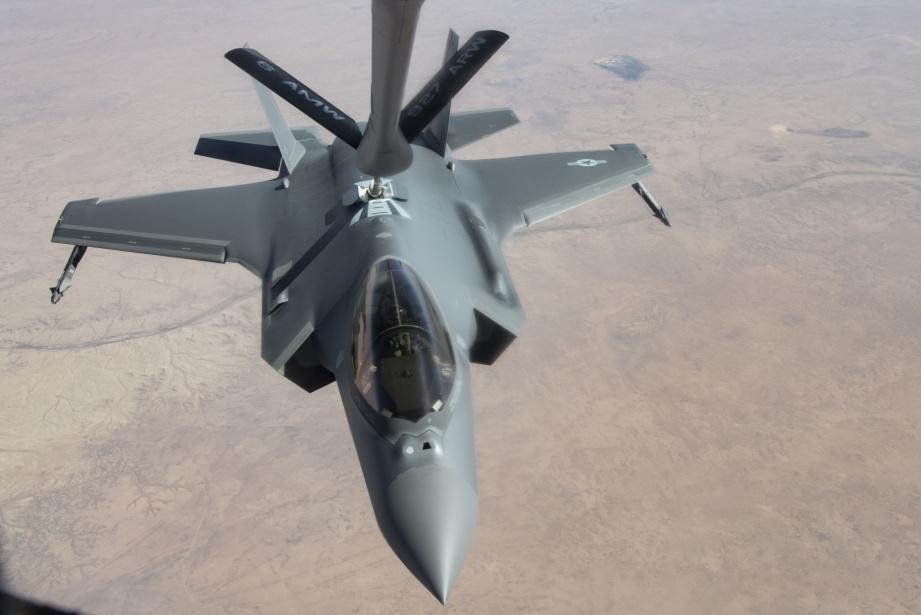“The U.S. continues to speak with Turkey on a routine basis,” Ellen Lord, undersecretary of defense for acquisition and sustainment, told reporters during an update on the department’s acquisition reforms and major programs. “We have been very clear that the F-35 and the S-400 are incompatible. We have had Turkey as a NATO ally for many years, they’re also a very good supplier on the F-35 program. Those partners in the F-35 program are awarded supply chain contracts on the basis of value.”
Lockheed Martin is the primary airframe builder and Pratt & Whitney manufactures the propulsion system.
Eight Turkish companies make parts for the fuselage, landing gear and cockpit displays of the aircraft, according to Lockheed Martin. Some of them have been producing F-35 parts since 2004. For example, Fokker Elmo manufactures 40 percent of the F-35’s electrical wiring and interconnection system.
These companies are set to do $12 billion in work on the F-35 program over the life of the jet, according to USNI News.
The Pentagon has been prepared to find other vendors to supply parts because of the situation with Turkey, Lord said.
“We have for some time now been working to look at alternate sources of supply for the F-35 supply chain that is inside Turkey right now,” she said. “That being said, we continue to work with Turkey and hope that they will use a NATO-compliant system for their air defense system.”
Lord couldn’t say yet how quickly alternate providers could be put in place but she said stealth jet deliveries might be delayed.
“We see a potential slowing down of some deliveries over the next two years, some potential cost impacts,” Lord told reporters. “But right now we believe we can minimize both of those and are working on refining” that analysis.
Fourteen countries participate in the F-35 program.
She noted its F-35 partners are in agreement that Turkey cannot operate the Joint Strike Fighter and the Russian S-400 defense system. The United States and NATO are pushing Turkey to buy Raytheon’s Patriot air and missile defense system.
The Pentagon halted the shipment of F-35 planes to Turkey in early April. Turkey was expecting the first of the $90 million jets to arrive in November.
On Friday, the German newspaper Bild reported the government was about to back out of the S-400 deal. But Recep Tayyip Erdogan‘s communication director, Fahrettin Altun, denied these claims, posting on Twitter: “Take it from me: the S-400 procurement is a done deal.”
Six NATO countries have received F-35s: the United States, Australia, Britain, Italy, Norway and the Netherlands. Two other nations that also participated in the aircraft’s development — Canada and Denmark — are scheduled to receive the aircraft as well.
While Denmark is preparing to receive the aircraft, Canada may be headed in another direction. The U.S. has threatened to pull the F-35 from a competition for its next fighter jet over a contractual dispute. Canada is a partner in the F-35 program, but a dispute over industrial benefits may derail that work, Defense News reported.
Israel, Japan and South Korea also have signed foreign military sales contracts and received aircraft. Last May, Israel claimed to be the first country to use an F-35 in combat for cross-border strikes in the Middle East.
Source: UPI



